Want to create better content for your company?
Start by building a comprehensive strategy.
Experts say 35% of marketers who use a documented content strategy enjoy better outcomes from their content marketing than those who do not. And 40% of businesses don’t use one.
An effective content marketing strategy:
- Attracts and engages your target audience with content that is not only relevant to their interests but valuable to them as ideal solutions to life’s challenges.
- Helps get your team on the same page to create better content.
- Gives you a marketing edge over your competitors.
Here’s what your content marketing strategy should include so it does all these things for you. Plus, it’s more powerful to boot.
1. A map for selecting content topics, implementing production, distributing content, and measuring outcomes.
Any strategy is essentially a plan of action for how to get things done to achieve a goal. Your map should explain the required elements of creating strategic marketing content for your business.
To get started, consider doing a content audit, which analyzes your existing content with the goal of improving it in the future. Focus on the content topics and keywords that generate more results, formats that provide the most engagement and conversions, and channels that drive the most traffic. A recent survey shows that 65% of companies that are successful with content marketing run content audits at least twice a year.
2. A clearly fleshed-out target audience.
Who do you want to tell your brand story to? You’ll set yourself up for better results if you identify the ideal audience you want to reach.
- Start by getting to know your existing customers. This will help you get a better idea of who you want to target and who you don’t.
- Notice who your competitors are targeting and keep up with audience trends in your industry.
- Consider using an empathy map, a tool that helps adopt your ideal customer’s point of view, so you can improve their experience with your content based on what they think, feel, see, or hear.
- From your research data, create an audience persona, a fictional representation of the ideal person you want to engage with your content. Doing this can help you understand their typical motivations and behavior more comprehensively.
3. A precise brand positioning story.
Brand position often starts with a statement that explains your company’s personality. This helps you create a consistent picture across all your marketing channels that provides a rich and satisfying content experience for your audience. A positioning statement also informs your brand story, which defines the connection among your company’s history, mission, purpose, and values.
To tell the story of your company, keep these things in mind:
- Who your customers and prospects are and what’s important to them.
- Your company’s unique value.
- The purpose of your work.
- How your products and services solve challenges.
- What your top competitors are doing with their marketing.
- Why your company, products, and services are better choices than your competitors’.
4. A mission statement for your content marketing.
Write a separate guiding mission specifically for your content marketing that includes:
- Why you’re creating content.
- Who you’re creating content for.
- The unique value you provide to your audience.
- How your content is different and better from the rest.
- A value proposition for your owned media, such as your company website, blog articles, original research papers, social media posts, and email marketing campaigns. Clearly define what makes these things attractive to customers.
5. A set of business goals for your content marketing.
To better understand the value, cost, and risks of content marketing implementation, define how content marketing will help you move your company forward. Your business case is based on clearly identified business goals and the investments needed to achieve them through content marketing. Don’t forget to include how results are measured: According to the State of Content Marketing 2022 Global Report, only 66% of marketers analyze their content’s performance regularly. This will go a long way towards getting decision-makers to buy in.
In addition to using frameworks for goal-setting such as SMART (Specific, Measurable, Achievable, Relevant, and Timely), consider adding CLEAR objectives for goals:
- Collaborative - encourage teamwork
- Limited - in scope and duration
- Emotional - inspire and motivate people
- Appreciable - broken down into smaller micro-objectives
- Refinable - updated according to circumstances and needs

6. A documented action plan.
Your action plan details each step you’ll take for your content strategy to be successful. This is often called a content calendar that is agreed to and accessible to everyone on your team. It outlines:
- All main campaigns and projects for a set period of time, such as one year
- Specific content formats for each campaign and project
- High-level content topics
- Content marketing goals
- Distribution and promotion channels for content
When you get to the part on how you’re going to develop your content, consider these points:
- Aim for high-quality content.
- Keep your ideas original with unique research and user-generated content (UGC) such as reviews, testimonials, comments, photos, and videos.
- Use different types of content. Videos and blog posts usually top the list; however, experiment with other diversifications such as success stories, case studies, webinars, infographics, product guides, data visualizations, eBooks, whitepapers, newsletters, podcasts, quizzes, and more.
- Repurpose high-performing content to capture more of your audience who prefer other formats.
11outof11 Knows Content Marketing Strategy
When you’re ready to improve the efficacy of your content marketing strategy, connect with 11outof11. Request a complimentary call with an 11outof11 expert. Contact us to learn more.






.png)






